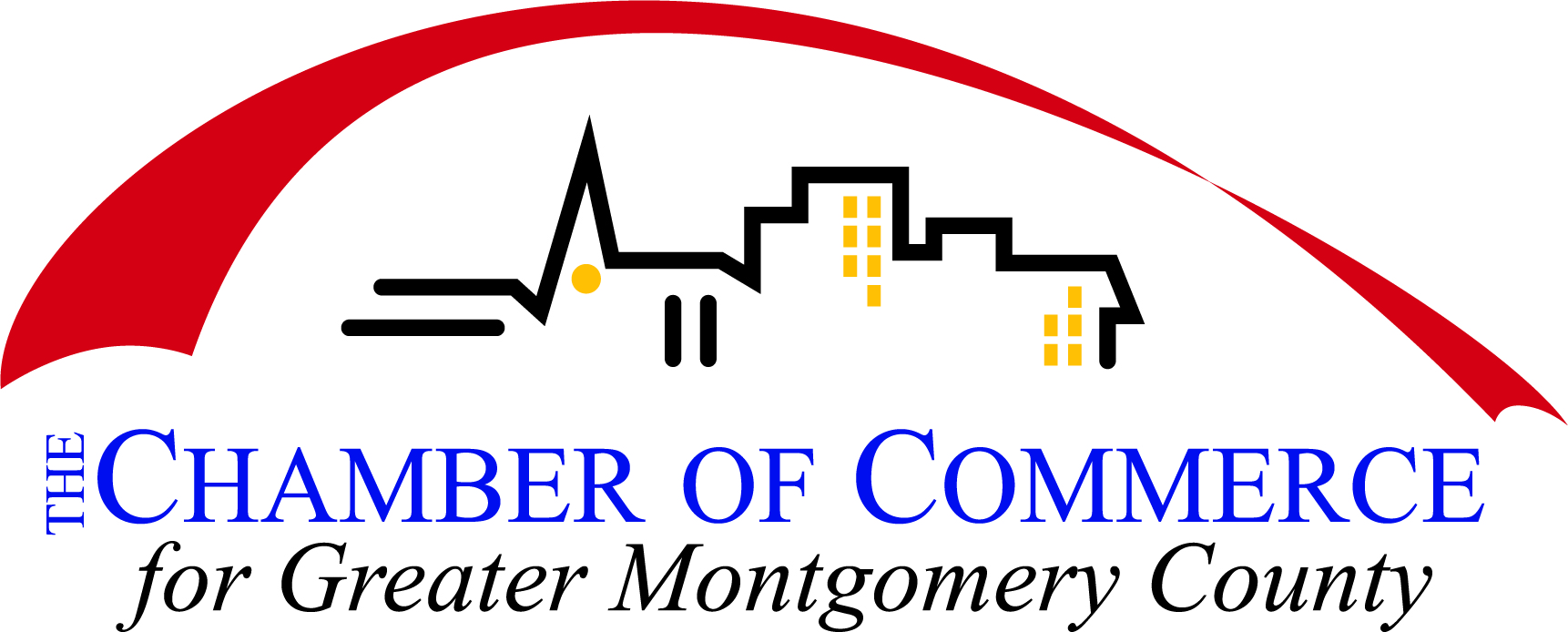How Small Business Owners Can Boost Customer Referrals (Without Breaking the Bank)
Whether you’re a local bakery, solo coach, or online craft seller, referrals are your secret growth engine. Unlike paid ads or SEO, they come preloaded with trust. But what makes people actually refer? Let’s break it down.
Quick Win Section: Fast Ways to Spark Referrals
-
Ask when customers are happiest — not later.
-
Make it super easy to share your business (QR codes, links, templates).
-
Offer referral bonuses that feel personal — not just discounts.
-
Say thank you publicly (social shoutouts = double exposure).
-
Partner with a complementary business (see “Strength in Numbers” below).
-
Build a “refer a friend” workflow into your receipts or emails.
-
Show social proof — reviews breed more reviews.
Who This Article Is For
Small business owners, freelancers, and solopreneurs who rely on word-of-mouth and want a dependable system — not just luck — to increase referrals.
The Invisible Levers of Referral Growth
The problem: Most businesses wait for referrals instead of engineering them.
The result? Inconsistent growth, even when your customers love you.
The fix: Shift from “hope-based referrals” to “systemized visibility.” Think: triggers, nudges, timing, and incentives.
Referral Tactics by Customer Type
|
Customer Type |
Trigger Moment |
Best Incentive Style |
Follow-Up Needed? |
|
Right after positive review |
VIP thank-you or upgrade |
Yes (reminder loop) |
|
|
New Customer |
When they receive the product |
“Share this” starter gift |
No (too soon kills momentum) |
|
High-Spending Client |
After project completion |
Personalized thank-you gift |
Yes (with ask built-in) |
|
Community Member |
After online engagement |
Recognition or badge |
Sometimes |
Strength in Numbers: Partner Up for Bigger Reach
One of the most overlooked growth levers? Partnering with a business that shares your audience but doesn’t compete.
Here’s an option to keep it smooth: use a memorandum of understanding (MOU). It’s a lightweight agreement that outlines expectations on both sides — like co-hosting events, cross-promoting offers, or packaging services together.
These letters of intent aren’t legally binding, but they help keep both parties aligned and eliminate ambiguity before the collaboration begins.
Use MOUs for:
-
Referral exchanges (“You refer me clients, I do the same”)
-
Joint promos (“Let’s create a bundle together”)
-
Content swaps (“I’ll feature you in my newsletter, you tag me on IG”)
Make Your Business Referral-Ready in Under 60 Minutes
? Your “ask” is clearly stated on your site, emails, or packaging
? There’s something in it for the referrer (even just gratitude)
? Your product/service consistently delivers joy
? You’ve made it EASY for people to refer (think: one click)
? You thank them every time — in public or private
? You reward top referrers in unexpected ways
? You’re tracking who refers whom
? You revisit your strategy quarterly
FAQ: What People Ask Before Launching a Referral Program
Should I pay people to refer me?
Not always. In some niches, a heartfelt thank-you works better than cash. But for high-ticket or recurring businesses, incentives help.
What if someone refers a “bad” client?
You’re still in control. Set up a short intake filter (form, call, etc.). Don’t make everyone a fit just because they were referred.
How do I ask without sounding desperate?
Don’t beg. Just say: “If you know someone who’d love this too, send them our way. We appreciate it more than you know.”
How do I track referrals if I’m not tech-savvy?
Use tools like ReferralCandy, Postscript (for SMS), or even a simple Google Form with names/emails. Automate what you can.
Real Tool Spotlight
Want to simplify referral tracking without writing a line of code?
Try Referral Rock — it’s made for small business owners who want to launch and run a program without hiring a developer. You can customize rewards, get analytics, and integrate with CRMs or email platforms.
You Don't Need More Customers; You Need the Right Ones
Referrals solve three problems at once: acquisition, trust, and retention. The real key? Stop treating referrals as a bonus. Start designing for them. You don’t need fancy funnels or viral hacks. You need moments of delight → nudges to share → reasons to come back.
In Closing
Customer referrals are earned, not automatic. But once you set up your system — even just a simple checklist — the flywheel starts to turn.
Don’t overcomplicate. Pick one idea from this article and run with it this week.
You might be surprised how fast “one happy customer” turns into five.

